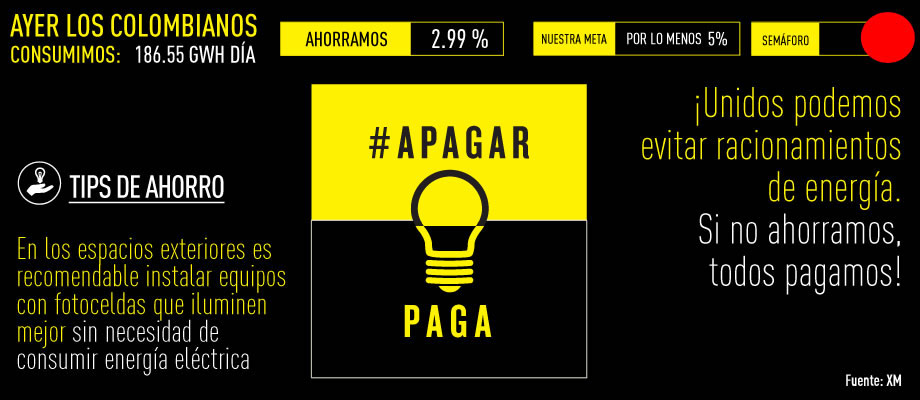Foreigners failing to comply face deportation, say health authorities as Colombia’s confirmed cases hit nine.

Travellers arriving in Colombia from China, Italy, Spain and France will be “obliged” to quarantine themselves for 14 days – or face deportation and fines, authorities said today as positive cases confirmed in-country jumped to nine.
The measures, announced by President Ivan Duque, were to “protect the collective” health, on the same day the viral COVID-19 outbreak was declared a pandemic by world health body WHO. To date, 118,000 cases and 4,300 deaths have been reported in total from 105 countries.
Anyone who has passed through any of those four high-risk countries within two weeks previous to arriving in Colombia will be expected to “self-isolate” in their hotels or homes for a minimum of 14 days, explained health minister Fernando Ruiz.
“Don’t come to Colombia if you don’t have the means or funds for preventative isolation,” warned Ruiz. The new rules apply to both foreign visitors and returning Colombians, but not to airline crews.
Foreign visitors who fail to self-isolate faced deportation, and Colombian returnees could be fined, he explained.
The Colombian Ministry of Health has yet to say how it will monitor self-isolation, or clearly define exactly what self-isolation entails.
Experts in other countries recommend potentially exposed persons to “stay indoors and avoid contact with others”, for two weeks even if you have no symptoms. This is because people in good health can spread the disease if they are carrying the virus. Fourteen days is the usual maximum time for the virus to show itself in an infected person.
China, Italy, Spain and France are all facing severe outbreaks of the COVID-19 bug, with 10,000 cases and 631 deaths in Italy which is now in country-wide lock-down. It is not clear why Colombia’s health ministry did not include South Korea or Iran, both with higher case numbers than France or Spain.
Read our latest coverage on the coronavirus in Colombia
Meanwhile, Colombian confirmed cases climbed to nine today, these currently are:
- Three cases reported in Bogotá, all of whom had recently travelled from Europe.
- One case in Cartagena, an older US citizen who recently arrived in Cartagena on a cruise ship from central America and the U.S. The cruise ship docked in the city on March 8. The patient is now isolated in a city hospital.
- One case in Buga, Valle, close to Cali.
- Four cases in Medellín.
According to the Ministry of Health, the Medellín cases are significant because three were from “local transmission”, having caught the virus from a woman who recently arrived in the city from Spain. All other previous Colombian cases have recently returned from overseas.
This means Colombia now has its first proven examples of coronavirus spreading in the community. On the bright side, no deaths have been reported and all the nine cases are “doing well” with most being supported with treatment at home, Health Minister Ruiz told media today.
Related: Will Colombia catch the coronavirus? What you need to know
For the latest information on coronavirus COVID-19 in Colombia, and worldwide, check the Instituto Nacional de Salud website.
Bogotá’s Secretaría de Salud website has put up a useful self-assessment page and information on where to get help for those who suspect they might have COVID-19.
What is self-isolation?
If you have been told to self-isolate, you need to stay indoors and avoid contact with other people for 14 days. It is important to follow the advice for the whole period, even if you do not have any symptoms. The UK’s National Health Service gives the following advice.
- Stay at home
- Separate yourself from other people – for example, try not to be in the same room as other people at the same time
- Only allow people who live with you to stay
- Stay in a well-ventilated room with a window that can be opened
- Ask friends, family members or delivery services to carry out errands for you, such as getting groceries, medicines or other shopping
- Make sure you tell delivery drivers to leave items outside for collection if you order online
- Clean toilets and bathrooms regularly
- Think about a bathroom rota if a separate bathroom is not available, with the isolated person using the facilities last, before thoroughly cleaning the bathroom themselves
- Use separate towels from anyone else in the household
- Wash crockery and utensils thoroughly with soap and water; dishwashers may be used to clean crockery and cutlery
- Stay away from your pets – if unavoidable, wash your hands before and after contact
- Do not invite visitors to your home or allow visitors to enter
- Do not go to work, school or public areas
- Do not use public transport like buses, trains, tubes or taxis
- Do not share dishes, drinking glasses, cups, eating utensils, towels, bedding or other items with other people in your home.





